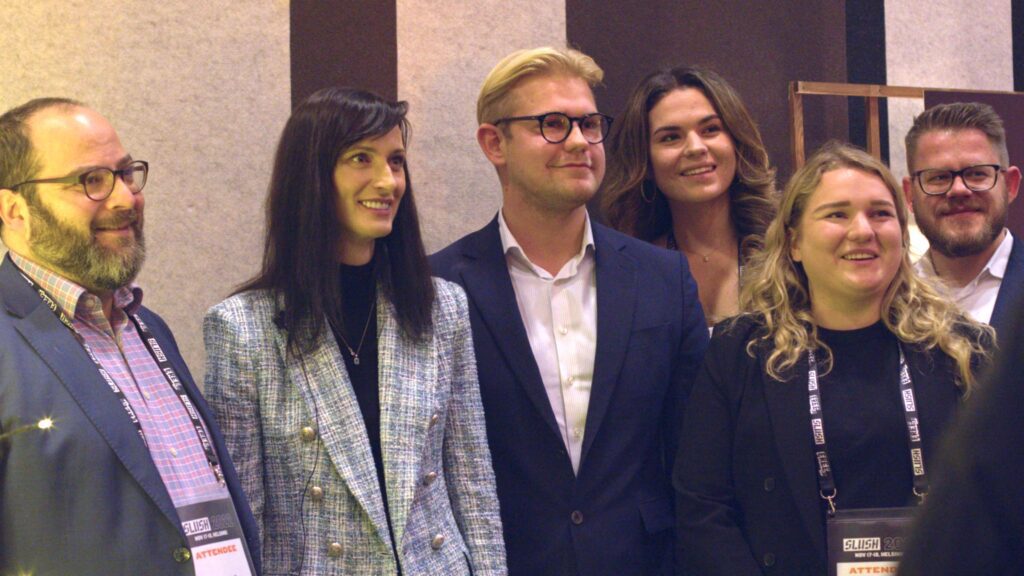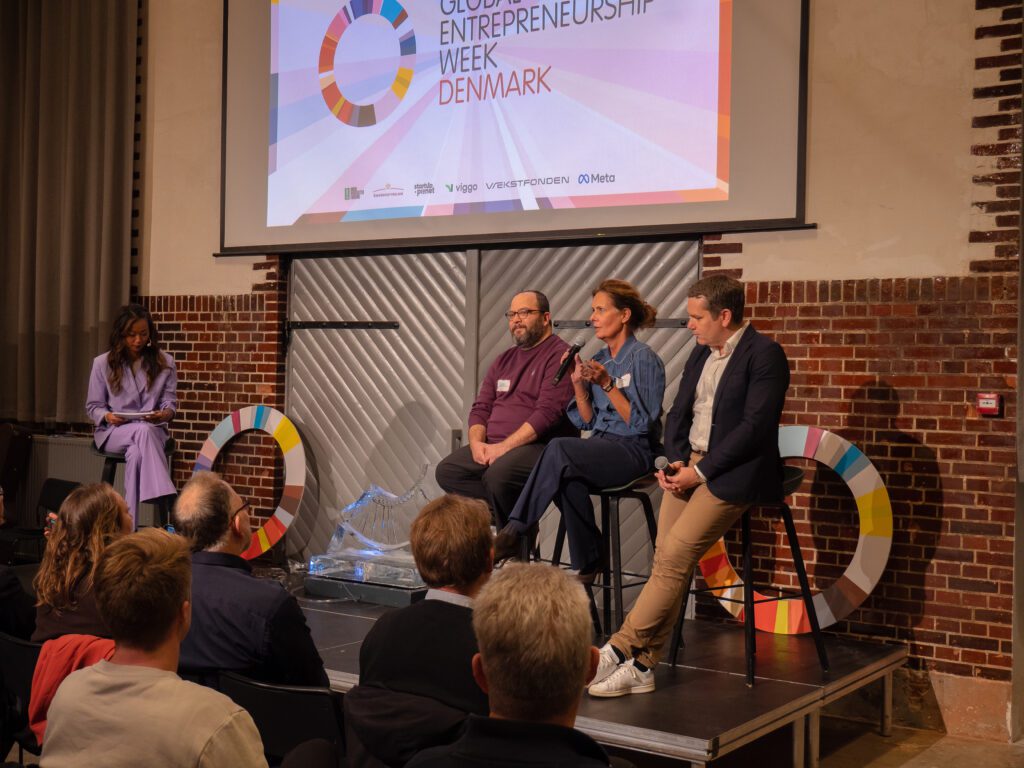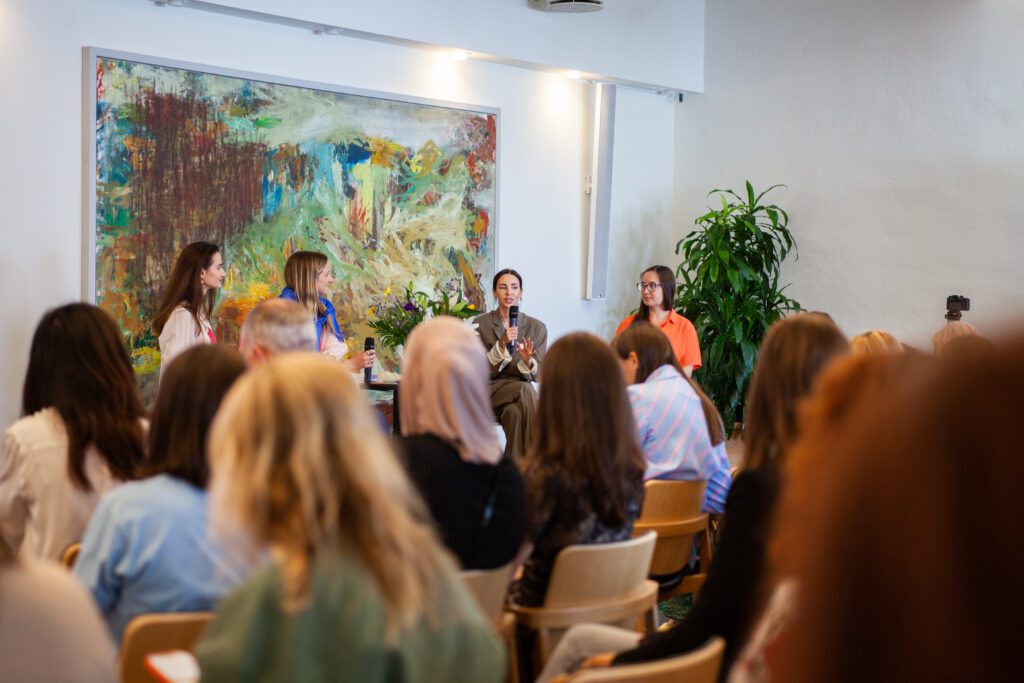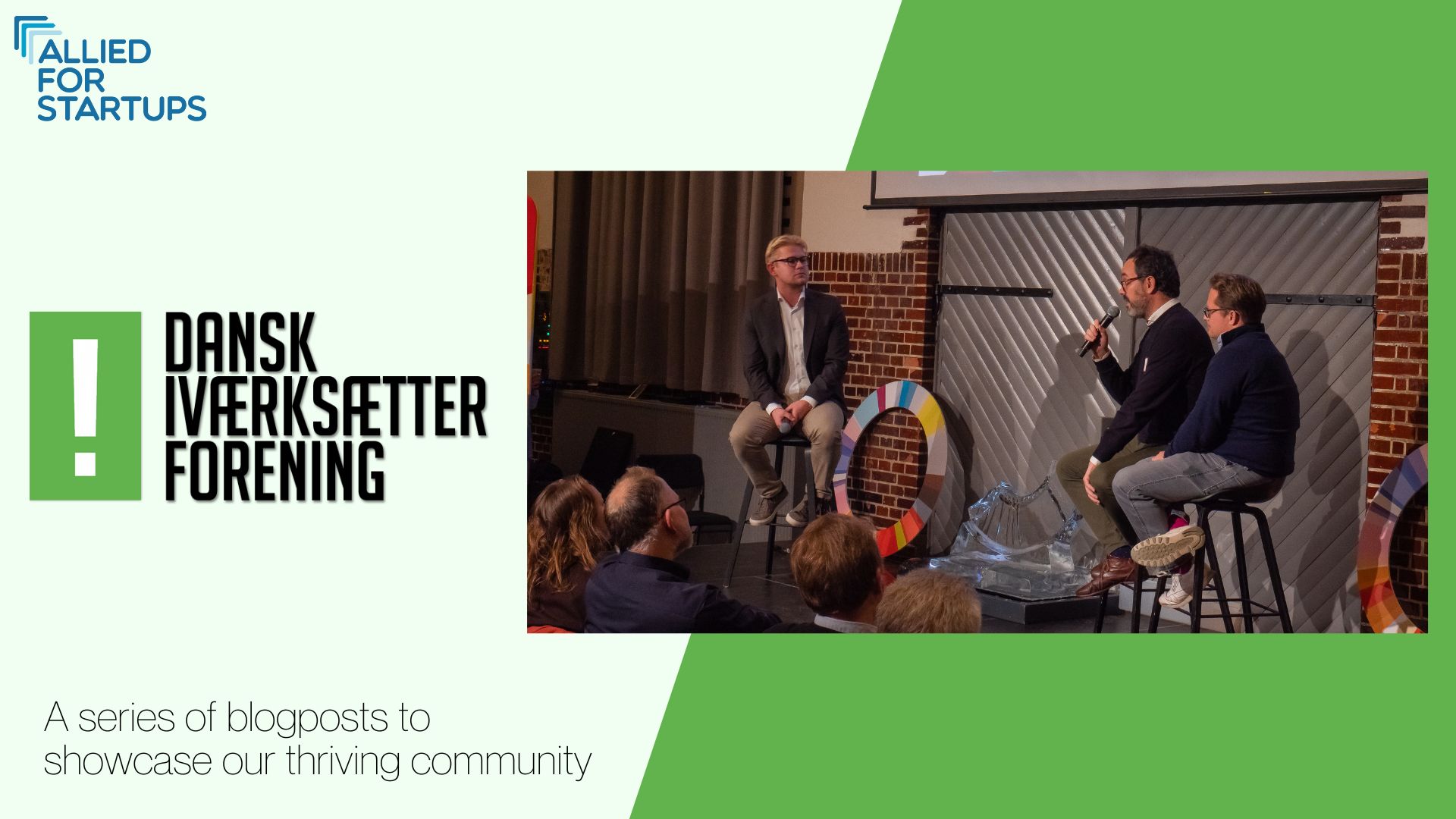Member spotlight: 2023 Danish Entrepreneurs’ ambitions!
Danish Entrepreneurs (Dansk Iværksætter Forening) inaugurates Allied for Startups’ Member’ Corner – a series of blogposts to showcase our thriving community of startup associations across borders and their valuable work to enhance the startup ecosystem and entrepreneurship.
Danish Entrepreneurs is a non-profit membership association born in 1985 to support the Danish startup ecosystem. Since its founding, DIF has grown to become one of the most fundamental supporters of the local ecosystem with over 30,000 members in Denmark. It was one of the founding partners of Allied for Startups, being part of the organisation since its beginnings in 2014. It is at the core of its mission to cultivate a strong entrepreneurial culture and raise startup voices in the Danish and EU policy-making processes. “Too often startups are left out of the policy discussions and legislative decisions are made without consulting the entrepreneurial community of Europe. Legislation, especially in the digital field, affects startups tremendously” Johann Svane, Head of Policy, says.
Creating platforms to connect: Startup Policy Track and Startup Planet
Impactful events are a key part of raising awareness among policy makers, the investment community, and society. In this spirit, they have been involved in two of the most relevant events in the startup space last November: Startup Policy Track at Slush and Startup Planet – in the framework of COP 27 and Global Entrepreneurship Week.
Both events gather the national, European, and global startup communities in a single location for a few days. Bringing politicians to an innovation forum and providing them with real-life examples allows policy makers to understand how specific policy files affect innovative business models and can make or break a startup. The Vice-Chair of the Finish Parliamentary startup-group, Mari Holopainen, talked to founders at the Startup Policy Track networking event, which shows a good sign that these conversations have started taking off.

Startup Policy Track organisers together at Slush with Commissioner Mariya Gabriel

Chairman of the Danish Entrepreneurs, Peter Kofler at Global Entrepreneurship Week in November.
The present and future of DIF
In November of 2022, national elections were held in Denmark, and the new political landscape was the perfect opportunity to launch “The Startup Reform” in Denmark which is DIF’s main priority. There is a specific focus on putting startups at the center of economic recovery and supporting them through this high-inflation period.
In addition, DIF will continue to scale their support for Ukrainian refugees in Denmark with their in-house Ukrainian team. In the spring of 2023, over 200 workshops and events will be hosted across Denmark on empowerment, reskilling, making new networks and integrating into Danish entrepreneurial society. “With the programs, we want to offer another pathway of integration and possibilities as entrepreneurs for the future” Johann Svane adds.

In the spring of 2022, Danish Entrepreneurs were a part of organising a 6-week entrepreneurial incubator for Ukrainian women in Denmark. The program included online workshops with experts, mentor sessions with local entrepreneurs and networking events.
When it comes to the future of startups, Chairman, Peter J. Kofler, is clear about the need to encourage entrepreneurial culture by creating a legislative framework that enables startups to compete globally and scale up. “As a startup organisation, we want to see Member States and fellow startup organisations taking action by forming individual legislation or calling upon the EU to set a Pan-European Startup Act in motion with the Startup Nation standards at its center.”
At Allied for Startups we aim at uniting these efforts for a meaningful impact on the global stage. Referring to being part of the organisation, Peter J. Kofler stresses: “An international outlook is what inspires us to be creative in a way we think about policy at home and where we can gather all the best practices from those who’ve succeeded to bring about change.“

